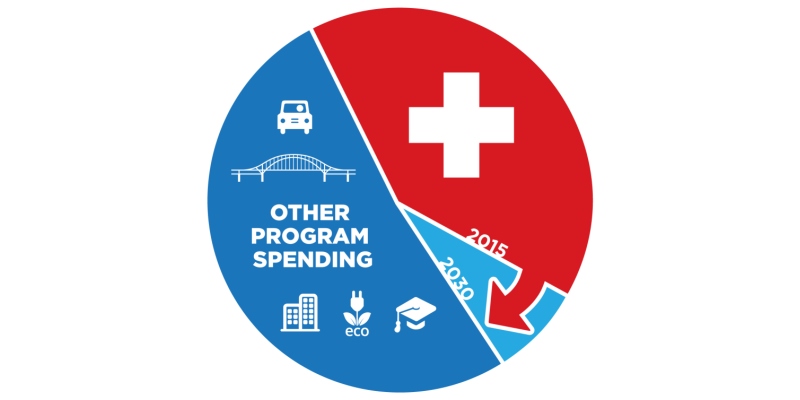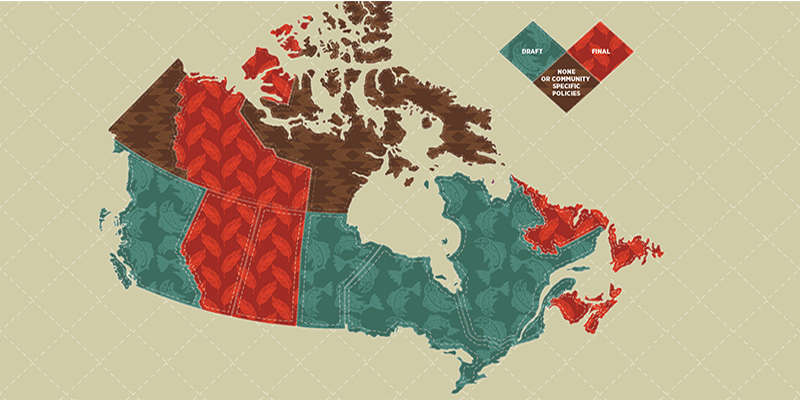 Executive Summary
Executive Summary Read the Full Report
Read the Full Report View Infographic - Health Care Spending by Alberta's Government is Unsustainable
View Infographic - Health Care Spending by Alberta's Government is Unsustainable View Infographic - Health Care Spending by British Columbia's Government is Unsustainable
View Infographic - Health Care Spending by British Columbia's Government is Unsustainable View Infographic - Health Care Spending by Ontario's Government is Unsustainable
View Infographic - Health Care Spending by Ontario's Government is Unsustainable View Infographic - Health Care Spending by Canada's Provincial Governments is Unsustainable
View Infographic - Health Care Spending by Canada's Provincial Governments is Unsustainable Read the News Release
Read the News Release






